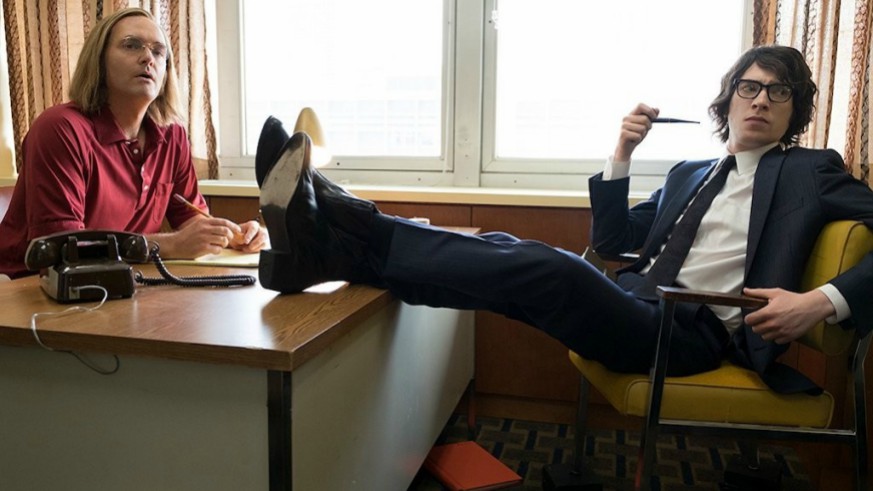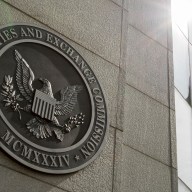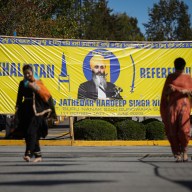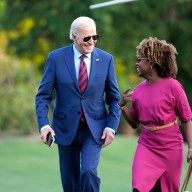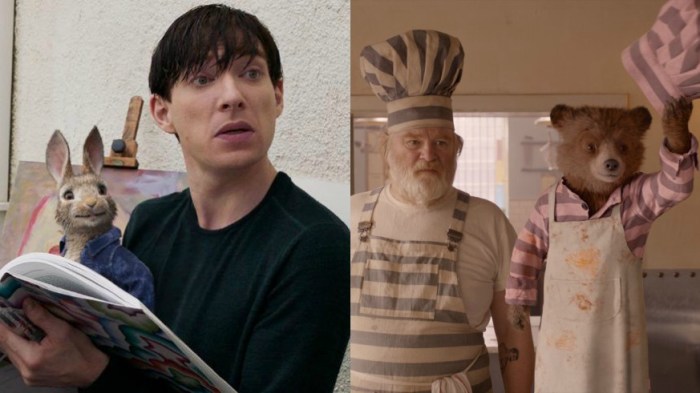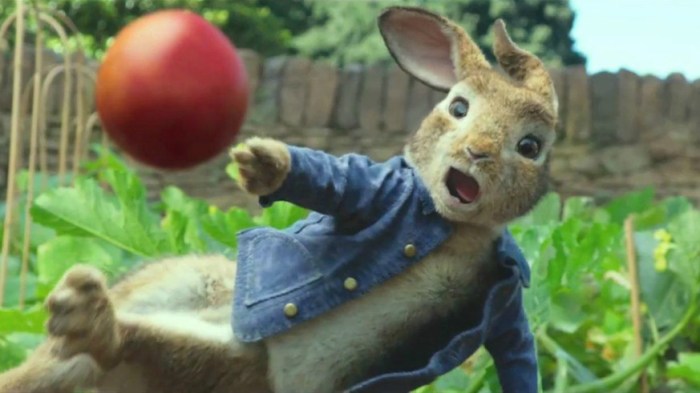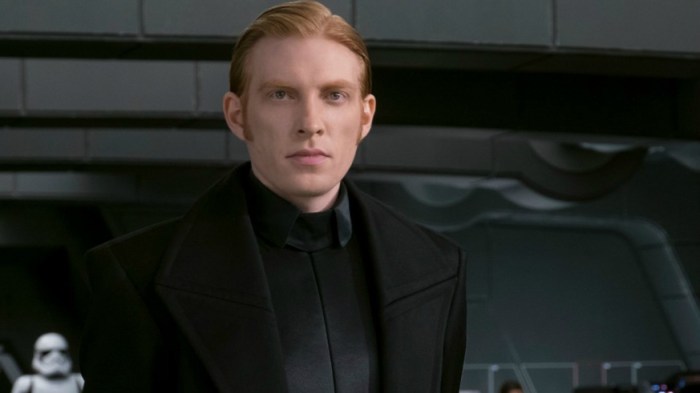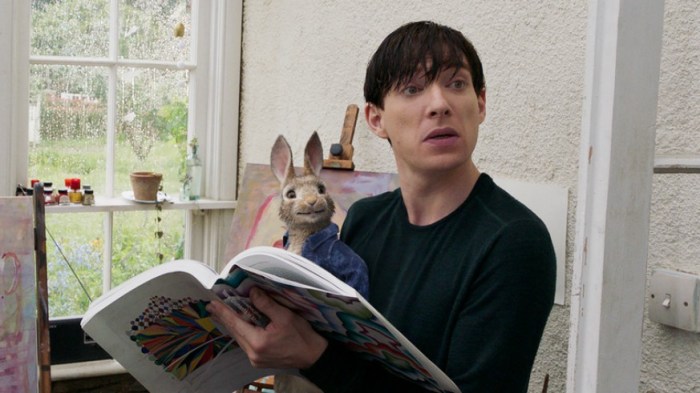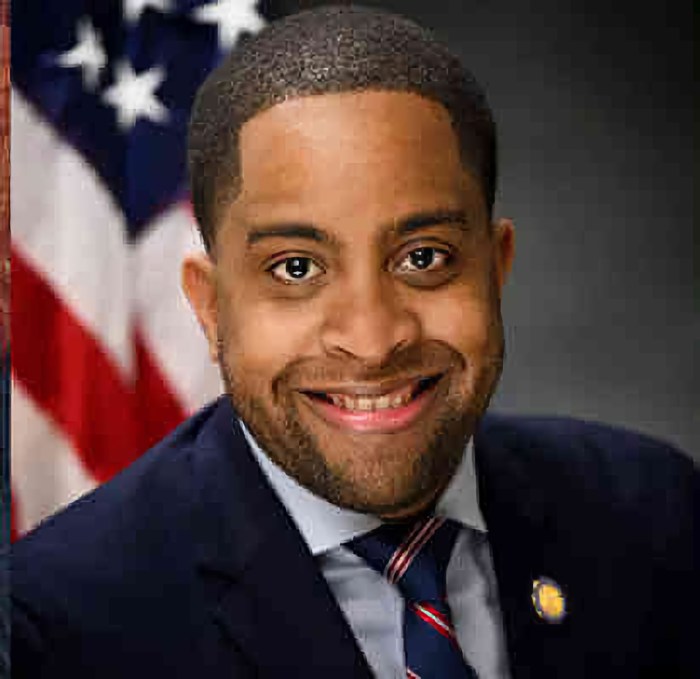Looking back, it’s easy to see why the 1970s was the golden era for comedy.
As well as the launch of “Saturday Night Live,” the funniest films from Woody Allen, Monty Python, and Mel Brooks were released, while Steve Martin and Richard Pryor were reigning supreme in the world of stand-up.
But one of the most seismic comedic moments of this decade took place right at the start of it. In fact, it occurred less than four months into 1970 to be precise, when the “National Lampoon” magazine published its very first edition.
In 1973 the success of the magazine was followed with the launch of “The National Lampoon Radio Hour,” which helped to start the careers of the comedic luminaries John Belushi, Chevy Chase, Richard Belzer, Christopher Guest, Bill Murray, Gilda Radner, Brian Doyle-Murray, and Harold Ramis.
“A Futile and Stupid Gesture” isn’t really their story, though. It’s the story of Doug Kenney, the man who helped to launch the “National Lampoon,” edited the magazine, and wrote most of its early material, before writing “Animal House” and “Caddyshack.”
Earlier this week I had the opportunity to talk to “A Futile And Stupid Gesture’s” Domhnall Gleeson, who plays Henry Beard, another co-founder of the “National Lampoon,” and Martin Mull, the film’s narrator and the older version of Will Forte’s Kenney.
For Mull working on “A Futile And Stupid Gesture” was particularly bizarre, as he wasn’t just a devout reader of the magazine but he also counted many of those that worked on it as close friends.
“It’s weird to read a script that you may well have lived through but not known. If I was in the same state as people back then then it is forgivable. Some of these people are still around, and being played by other people, so that makes it a bit discomforting as well.”
“Because I read the ‘National Lampoon’ a lot. It was a little short of a bible for me. It was a passport for me to go on and do what I was doing with music and comedy myself. I got to know a lot of those guys personally. With Michael O’Donoghue it was very strong. PJ O’Rourke I got to know very well. Anne Beatts I knew very well. A lot of them I would call friends.”
But while Mull admitted his contact with Kenney was “minimal,” he immediately saw the appeal to make a film on his life.
“He was such a seminal influence on the world of comedy. He basically took the primal leap there and started the ‘National Lampoon,’ which opened door after door after door. He is a tragic hero.”
Mull’s close relationship with the other members of the “National Lampoon” meant that he was privy to what made it and them so cutting edge, iconoclastic, and why their influence still reverberates all these years later.
“One thing that really struck me, even at the time, when I was close to these people in the 70s, is that regardless of their foibles and dependencies and whatever, this group of people was extraordinarily smart. They were all very, very smart.”
“And it may well be that that was the cause of their downfall. Because being that smart can be a lot of pressure. So much so you many want to relieve it at the bar, or at the corner, or whatever, and I think that might have been a contributing factor.”
The legendary actor also believes that the freedom provided to the “National Lampoon” allowed its editors and contributors to take their content to such extreme, outrageous and controversial places.
“There’s nothing like anarchy to give you free reign. It is by definition free reign. And that made all things seem quite possible. And that was quite exciting. Especially for people in their early 20s and 30s.”
It was at this point that Domhnall Gleeson, who admitted to emailing Henry Beard a tad for research, but mostly relied on Josh Karp’s book and the adapted screenplay from John Aboud and Michael Colton for information, and Mull offered a difference of opinion on whether the “National Lampoon” could happen today
“It is my opinion that in that time there were a lot of strict rules that were there to be broken,” explained Gleeson. “The generation that comes always breaks down the rules from the generation that had come before, and I think that will always be the case as I am concerned.”
To which Mull retorted, “I have a different view point on that. I tend to think that we are getting closed down more and more on what you can and can’t say. For instance, I think that working comedians have to tailor their material now to make sure that they don’t upset some group, and it is getting tougher. You say one thing wrong and you are off the reservoir.”
At least we can be grateful that, in the midst of the 70s, Doug Kenney and the “National Lampoon” found the room to grow and make the impact that they did.
Those of that want to see exactly how and what they did just need to watch “A Futile And Stupid Gesture,” which will premiere on Netflix on Friday January 26.

